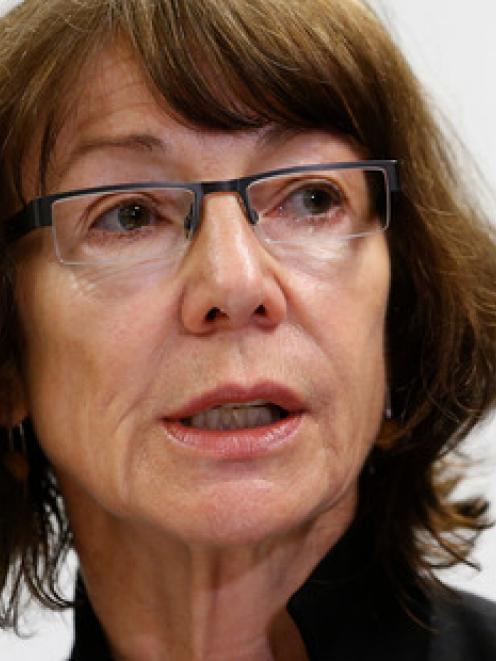
Cheryl Gwyn, who is responsible for independent oversight of the New Zealand Security Intelligence Service and Government Communications Security Bureau (GCSB), announced the inquiry this afternoon.
It follows a series of stories by the Herald and US news site The Intercept that have revealed the GCSB conducts "full-take" surveillance on Pacific nations - including targeted operations to spy on the emails and other communications of politicians.
It has also been revealed the GCSB monitored email and internet traffic about international diplomats vying for the job of director-general of the World Trade Organisation - a job for which current Trade Minister Tim Groser was competing.
Ms Gwyn said the allegations made about the GCSB's activities raised wider questions regarding the collection, retention and sharing of communications data.
In a statement, she said: "I will be addressing the specific complaints that I have received, in accordance with the Inspector-General of Intelligence and Security Act 1996.
"But there is also a clear need to provide as much factual information to the complainants, and to the wider public, as is possible.
"For that reason, I have decided not only to investigate the complaints but also to bring forward and expand the relevant parts of my ongoing programme of review and audit of GCSB procedures and compliance systems.
"That review programme operates at a systemic level and doesn't, of course, scrutinise or second-guess every day-to-day aspect of the GCSB's operations. What it does allow for, as in this instance, is a focussed review of a particular area of GCSB or New Zealand Security Intelligence Service practice."
Ms Gwyn said she had notified the GCSB's acting director Una Jagose of her inquiry and of her intention to provide "as much information to the public on my findings as I can, withholding only that information that cannot be disclosed without endangering national security".
Earlier this month a complaint was lodged with Ms Gwyn by the Green Party, claiming the GCSB has broken the law by spying on Kiwis holidaying, living and working in the Pacific.
The Greens' complaint was lodged after documents from whistleblower Edward Snowden showed there was "full take" collection of satellite communications in the Pacific by the GCSB.
Once intercepted, it was claimed the information was sent to the United States' National Security Agency (NSA) where intelligence agencies from friendly countries could search it by name, keyword or other identifying details.
Investigative journalist Nicky Hager, who has worked on the stories with The Intercept's Ryan Gallagher, said he was pleased because an inquiry would cut through the Government's refusal to engage on the issues raised.
He said the refusal - based on "security concerns" - were not relevant because the stories revealed activities which would not imperil anybody.
"The reason the intelligence agencies can claim special secrecy rights is if particular intelligence operations are known about it might interfere with ongoing operations.
"It just isn't credible to say secrecy is the reason you don't debate documents which are already public."
He said the information was already public and would not compromise security.
"It should be talked about."
In relation to the WTO operation, he said: "It's all happened. It won't be compromised because it's all finished."
Mr Hager said Ms Gwyn had established her credibility with last year's report into the release of SIS information to a blogger which was then used to discredit Labour's then leader, Phil Goff.
He described it as the most "credible and thorough report that has ever been done by the Inspector General of Intelligence and Security".
- by David Fisher, NZ Herald












